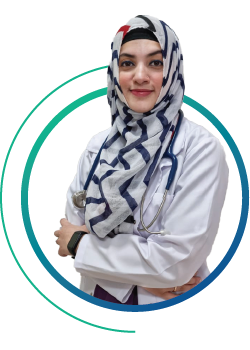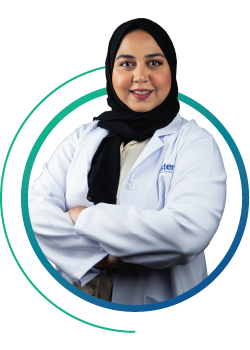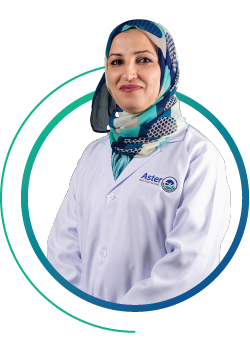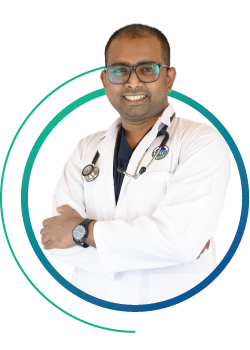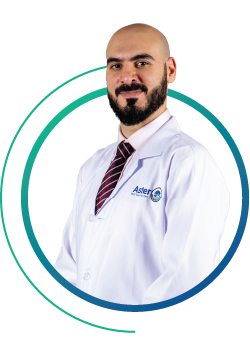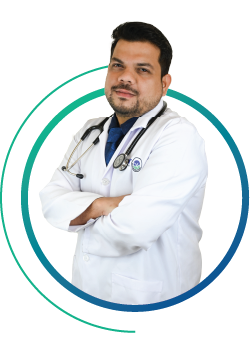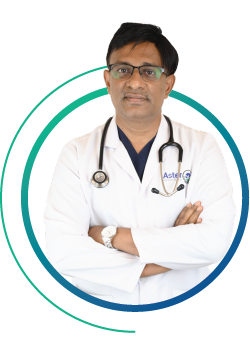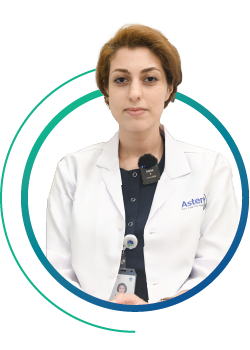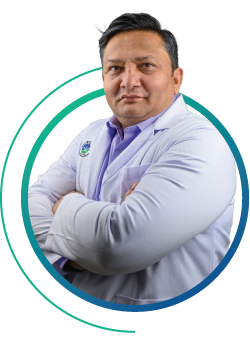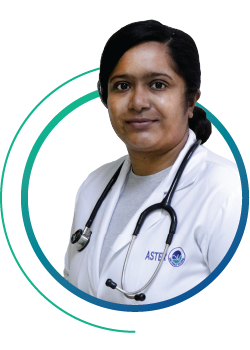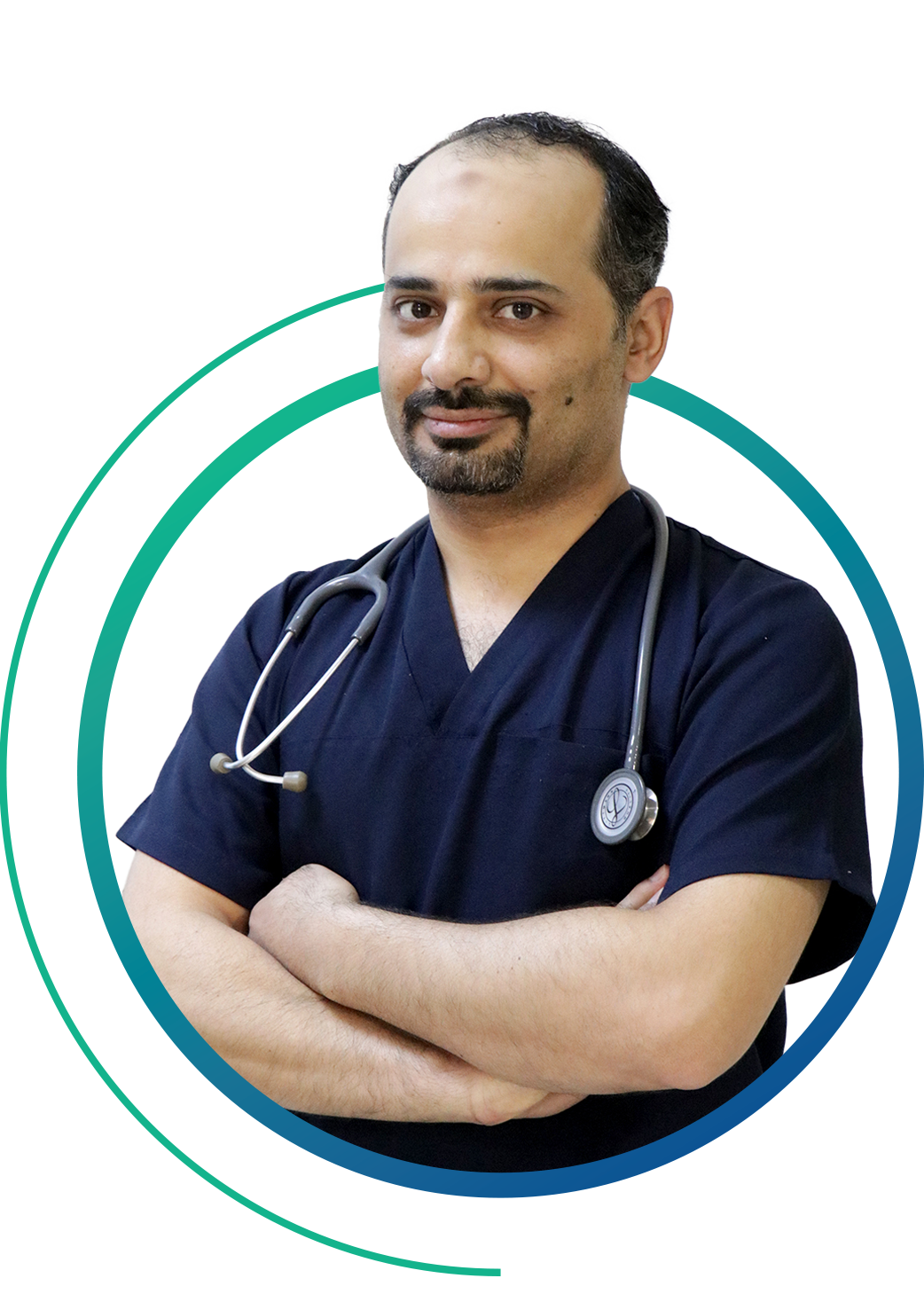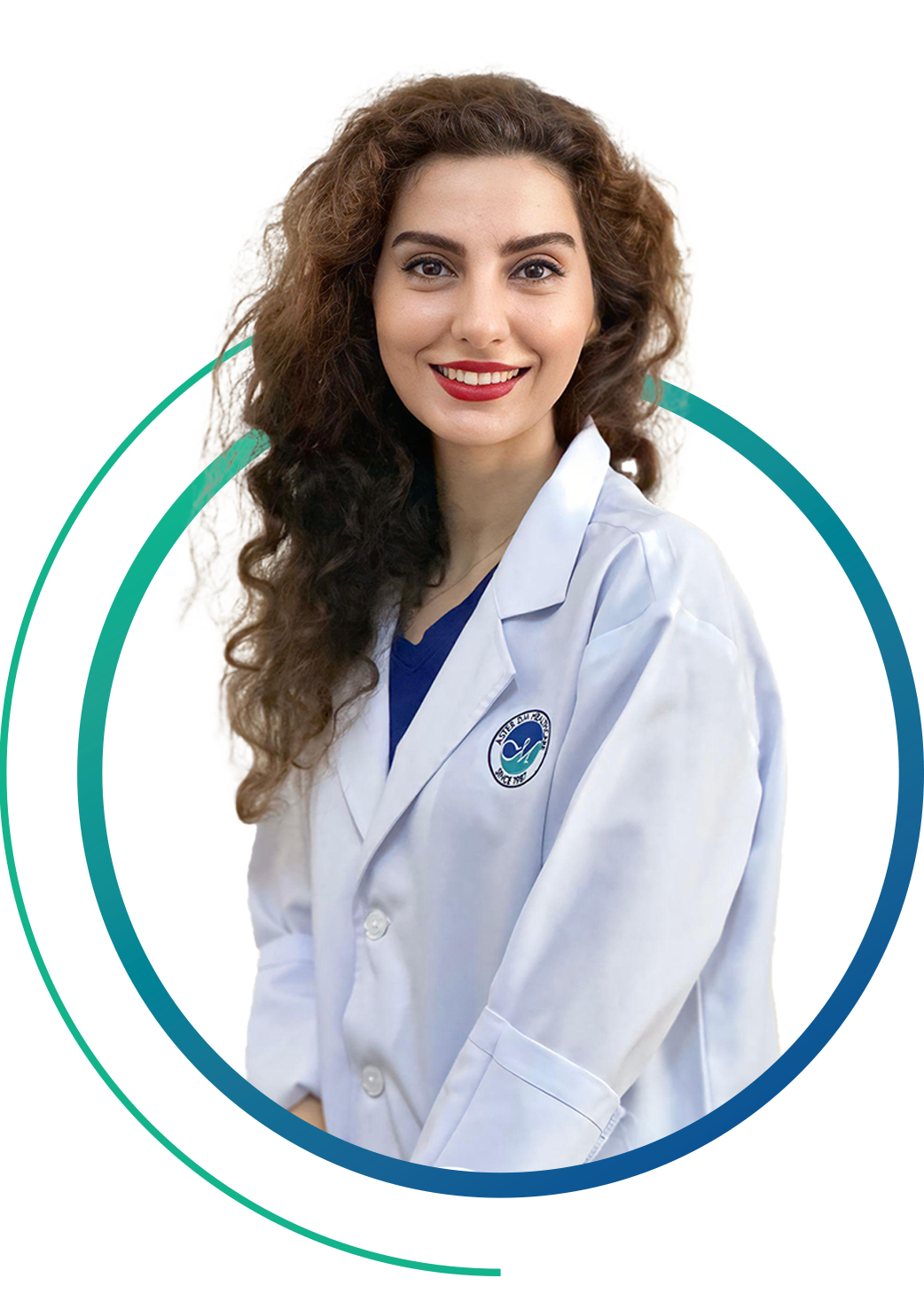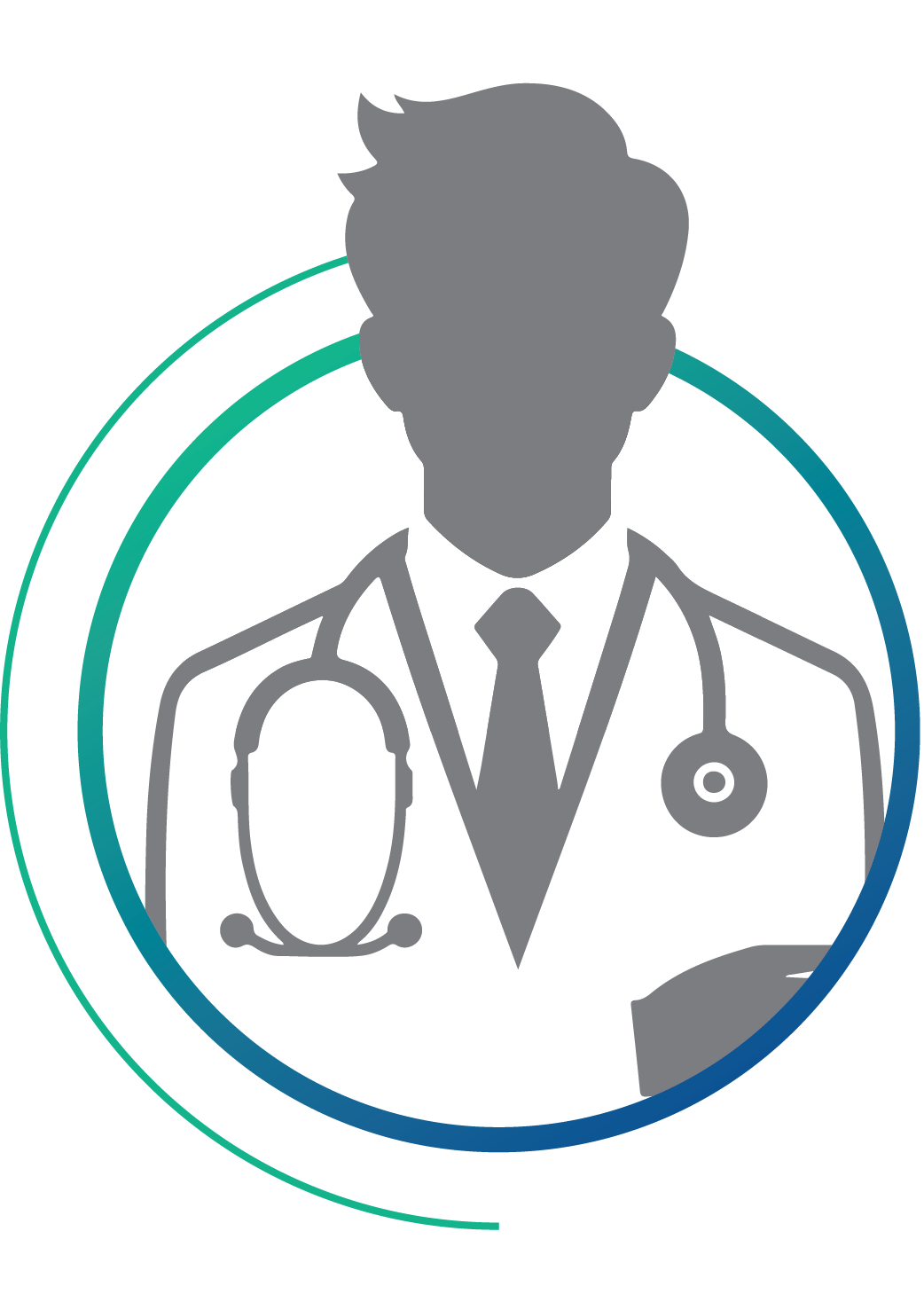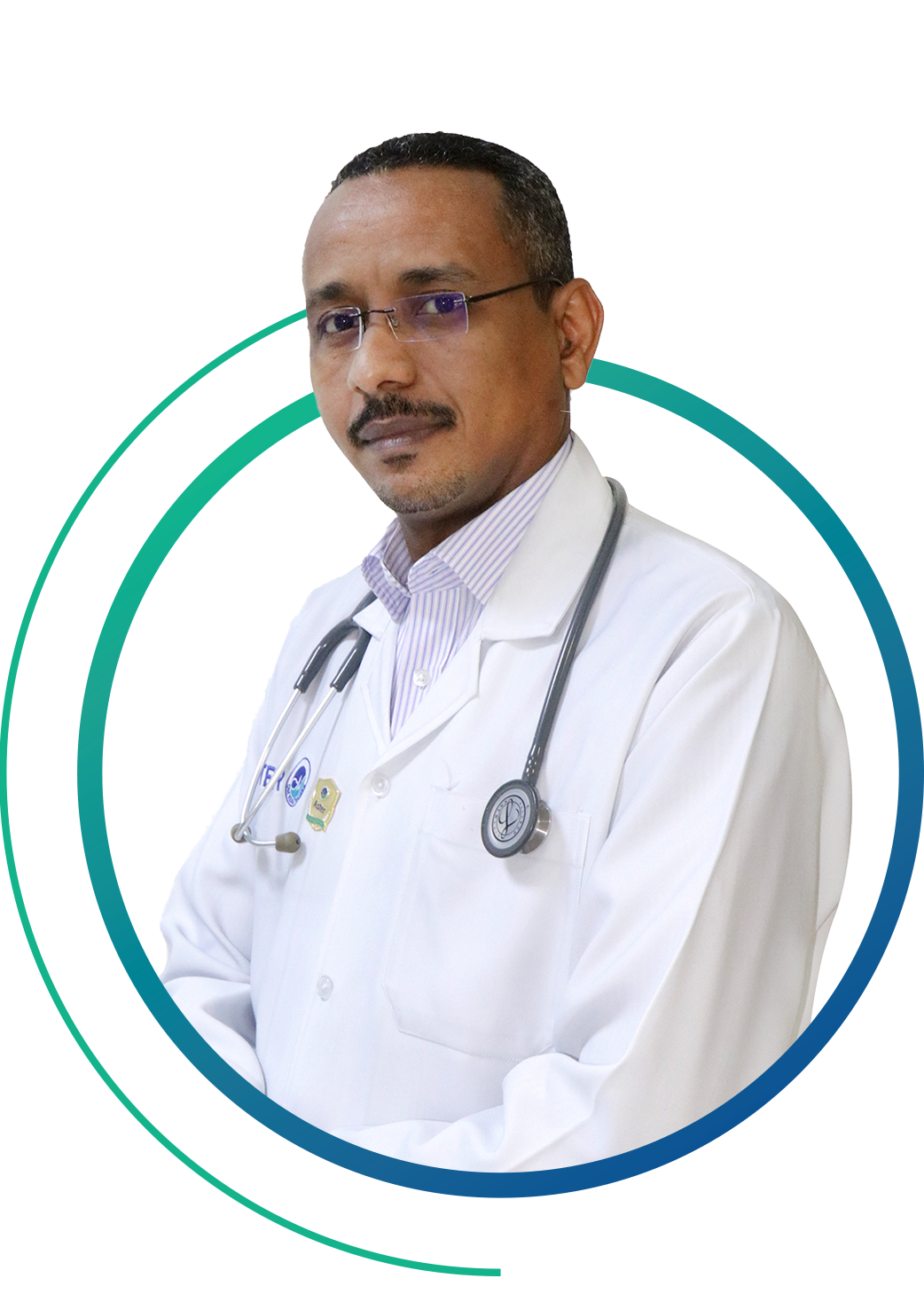Overview
The Emergency Medicine Department is committed to providing immediate and comprehensive care for patients with acute illnesses and injuries. Our team of highly trained emergency physicians, nurses, and support staff is available 24/7 to handle a wide range of medical emergencies, from minor injuries to life-threatening conditions. Equipped with state-of-the-art technology and facilities, we ensure rapid diagnosis, treatment, and stabilization of patients. Our priority is to deliver high-quality, efficient care in a compassionate and reassuring environment, ensuring that every patient receives the urgent medical attention they need.
TREATMENTS & PROCEDURE
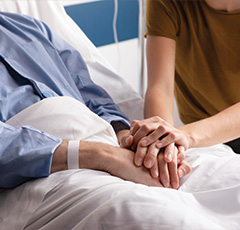
Specialized care for patients with severe, life-threatening injuries.
Trauma care involves the rapid assessment and treatment of critically injured patients. This includes stabilization, advanced imaging, surgery, and intensive monitoring to ensure the best possible outcomes.
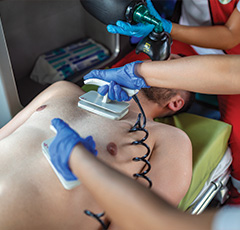
Urgent care for heart attacks, arrhythmias, and other cardiac emergencies.
Cardiac emergencies require swift action to diagnose and treat conditions such as heart attacks, severe arrhythmias, and heart failure. This includes medication, defibrillation, and coordination with cardiology for advanced care.
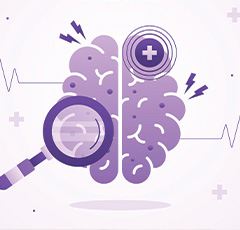
Immediate assessment and treatment to reduce the impact of strokes.
Stroke management involves rapid diagnosis using imaging techniques and administering treatments like clot-busting drugs or surgical interventions to restore blood flow and minimize brain damage.
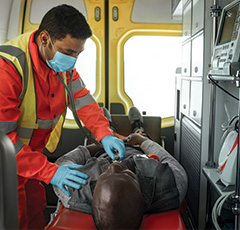
Prompt care for asthma attacks, COPD exacerbations, and other respiratory crises.
Respiratory emergencies include severe asthma attacks, COPD exacerbations, and respiratory distress. Treatment involves oxygen therapy, bronchodilators, corticosteroids, and mechanical ventilation if necessary.
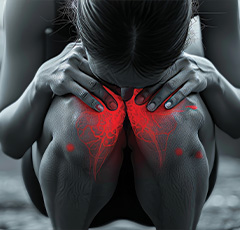
Strategies to rapidly assess and alleviate severe acute pain.
Acute pain management involves quickly assessing and treating severe pain from injuries, surgical procedures, or medical conditions using medications, nerve blocks, and other pain relief techniques.

Immediate intervention for cases of poisoning or drug overdose.
Poisoning and overdose management includes identifying the toxic substance, administering antidotes, providing supportive care, and working with poison control centers to ensure effective treatment and monitoring.
Specialized care for patients with severe, life-threatening injuries.

Trauma care involves the rapid assessment and treatment of critically injured patients. This includes stabilization, advanced imaging, surgery, and intensive monitoring to ensure the best possible outcomes.
Urgent care for heart attacks, arrhythmias, and other cardiac emergencies.

Cardiac emergencies require swift action to diagnose and treat conditions such as heart attacks, severe arrhythmias, and heart failure. This includes medication, defibrillation, and coordination with cardiology for advanced care.
Immediate assessment and treatment to reduce the impact of strokes.

Stroke management involves rapid diagnosis using imaging techniques and administering treatments like clot-busting drugs or surgical interventions to restore blood flow and minimize brain damage.
Prompt care for asthma attacks, COPD exacerbations, and other respiratory crises.

Respiratory emergencies include severe asthma attacks, COPD exacerbations, and respiratory distress. Treatment involves oxygen therapy, bronchodilators, corticosteroids, and mechanical ventilation if necessary.
Strategies to rapidly assess and alleviate severe acute pain.

Acute pain management involves quickly assessing and treating severe pain from injuries, surgical procedures, or medical conditions using medications, nerve blocks, and other pain relief techniques.
Immediate intervention for cases of poisoning or drug overdose.

Poisoning and overdose management includes identifying the toxic substance, administering antidotes, providing supportive care, and working with poison control centers to ensure effective treatment and monitoring.
Diseases treated
FAQs
The Emergency Department treats a wide range of conditions including trauma, heart attacks, strokes, severe infections, respiratory issues, and poisoning.
Bring identification, insurance information, a list of medications, and any relevant medical history. If possible, have a family member or friend accompany you.
A triage nurse assesses patients upon arrival to determine the severity of their condition and prioritizes their treatment accordingly.
Yes, the Emergency Department coordinates with various specialists as needed for specific conditions such as cardiology, neurology, and surgery.
You should go to the Emergency Department for any life-threatening conditions, severe pain, difficulty breathing, chest pain, severe injuries, or sudden weakness.
Patients are triaged based on the severity of their condition. Those with life-threatening issues are treated first, while others may have to wait.
Expect to undergo an initial assessment, diagnostic tests, and receive treatment. The length of your stay depends on your condition and the required care.
Upon discharge, you will receive instructions for follow-up care, prescriptions if needed, and referrals to specialists or your primary care physician for ongoing treatment.
Emergency Medicine Doctors
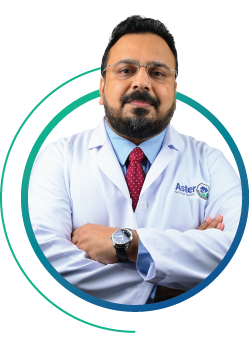
Dr. Dilip Abdul Khadar
Specialist Physician (Intensivist), Medical Director- Medical Services
